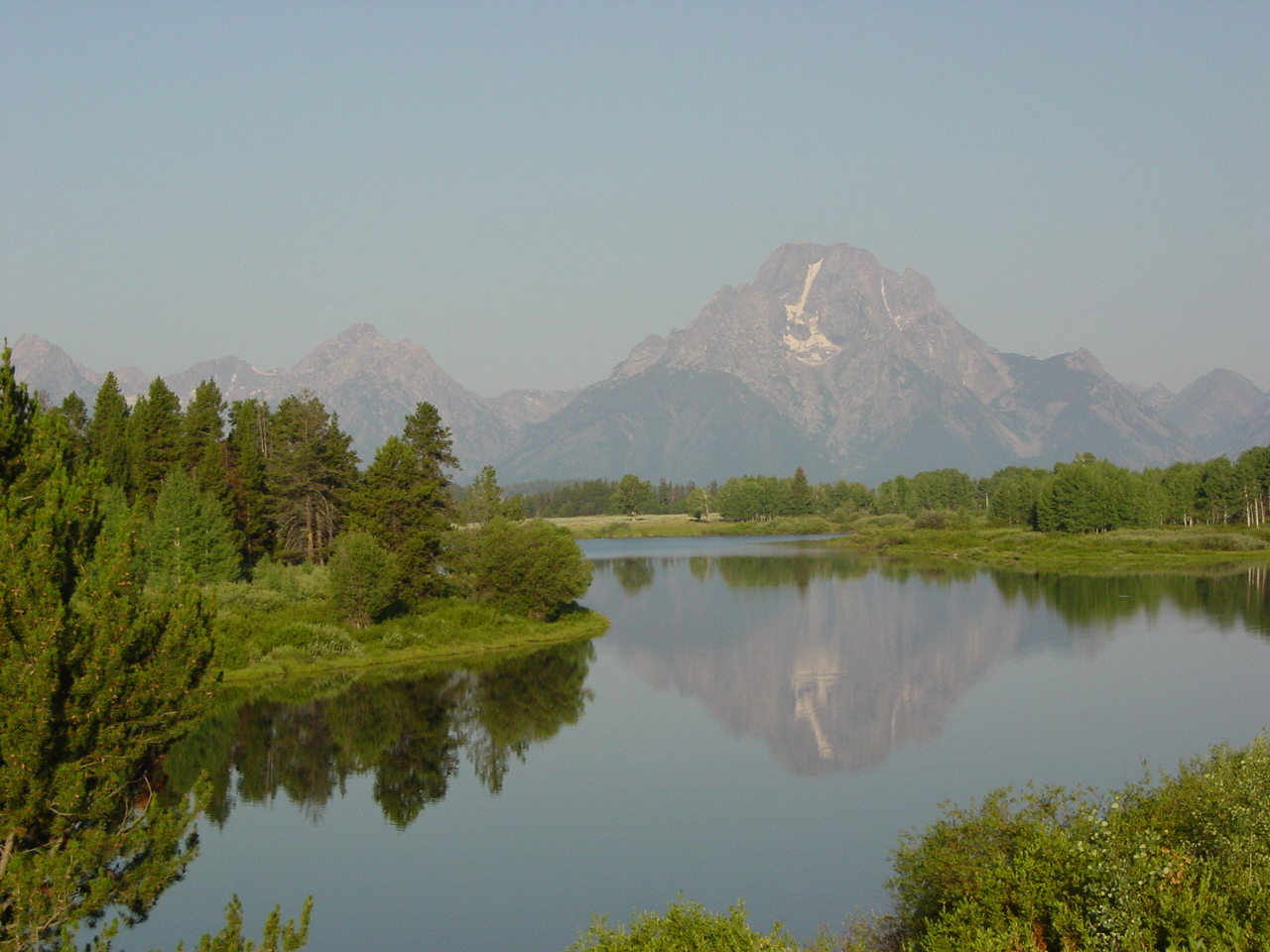By Phil Roberts, Department of History, University of Wyoming
The automobile age arrived in Wyoming almost unnoticed. While the Spanish American War dominated headlines and editorial pages, Elmer Lovejoy was building Wyoming’s first car in his Laramie bicycle shop during the winter of 1897-98.
Lovejoy, owner of a bicycle and novelty company, was occasionally mentioned in the “personals” of the Laramie newspapers during the period.
He apparently began work on his car during December 1897. The Laramie Boomerang on Dec. 17, 1897, reported that: “Elmer Lovejoy is doing but little on his horseless carriage. He is waiting to get the wheels. He will have inch and three-quarters solid rubber tires on the wheels. He is afraid the pneumatic tire would not be practical.” (A look at the unpaved, rough Laramie streets that year would seem to bear out Lovejoy’s initial decision).
Lovejoy’s project continued to be mentioned from time to time in newspapers over the next three months. In February 1898, the newspaper reported that he was “putting in full-time on his horseless carriage.” Two weeks later it was reported that “W. H. Holliday Company is thinking of having Elmer Lovejoy build them a horseless carriage for delivering goods.” (Others were less farsighted about the practicality of Lovejoy’s “toy.” One observer noted that “the machine was regarded as an interesting toy by the townsfolk.”)
On Washington’s Birthday, 1898, Lovejoy reportedly told a Boomerangreporter that he expected to have his “horseless carriage ready for operation by May 1.” He was awaiting the arrival of the one-cylinder, two-cycle marine engine.
On May 4, 1898, the Boomerangreported: “Elmer Lovejoy, who has received his engine for his horseless carriage, is now hard at work completing the vehicle.” The first test drive was scheduled for Saturday, May 7, 1898.
Lovejoy had reconsidered his decision not to use pneumatic tires. For the test run, however, he decided to use iron tires because the pneumatic tires were expensive. He had them specially built by Morgan and Wright Bicycle Tire Company of Chicago and there “wasn’t a spare in the world.”
The first car ride in Wyoming was not reported on the front page. The Spanish American War and the Battle of Manila Bay covered page one. Back on page three in the “This, That and the Other” column, the Lovejoy machine received one paragraph.
“Elmer Lovejoy exercised his horseless carriage Saturday night and Sunday. It was the first trial of the machine and was entirely satisfactory to Mr. Lovejoy. He learned by the test that it will be necessary for him to have pneumatic tires on the wheels. The carriage weighs 940 pounds and with the little iron buggy tires cut into the soft places so that progress was very slow. The pneumatic tires will be four inches wide and will make the vehicle run easier in addition to preventing it sinking into the soft places.”
The news account added that “there were two speeds in use on the machine yesterday, one of five and one of ten miles per hour. When the machine was on good hard places it acquired a speed of ten or twelve miles per hour.” It was noted that with the pneumatic tires, the “speed of fifteen miles per hour may be attained.”
By summer Lovejoy’s machine was a common sight on Laramie streets, even though it was still considered a toy. The machine “wore out” after two years.
Lovejoy continued his interest in the automobile. In 1905, the year after he became a dealer for Franklin Motor Car Company, he invented the steering mechanism still used in today’s cars. Unable to raise the $350 needed to patent the idea, he traded his plan to the Locomobile company for $800 and one of their cars.
He published a travel guide for motorists and continued in the car business for many years. In 1917 he invented the automatic door opener and manufactured them for several years.
Lovejoy was born in Illinois in 1872 and came with his family to Laramie when he was twelve. He stayed in Laramie until 1953 when he moved to the West Coast. Wyoming’s pioneer motorist died in Santa Ana, California, in January 1960.
